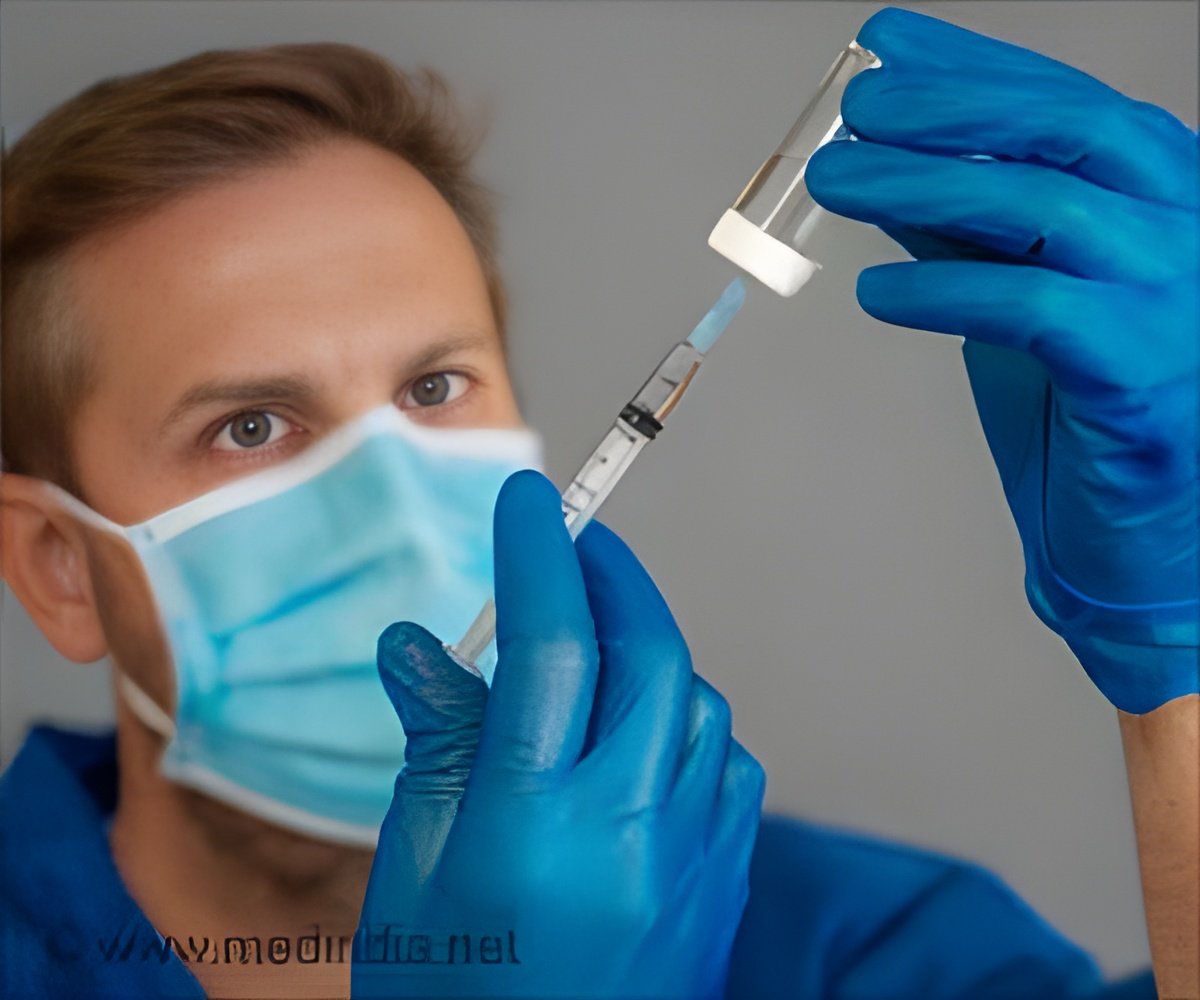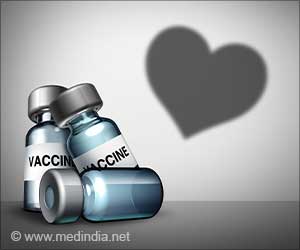
‘The commendable COVID-19 vaccination drive in India needs to be distributed uniformly.’
Tweet it Now
India aims to cross the 70% goalpost by end of this year - which is indeed a welcome commitment. Currently, over 20% of India's population is fully vaccinated.As vaccination began in January 2021, it is a compelling public health priority for India to fully vaccinate over 70% of the population at the earliest, before protection may begin to decline for some of those who got the jab first.
Vaccination in some other countries is also happening at a commendable pace. Countries like Singapore had first fully vaccinated over 80% of their people earlier this year.
China had administered over 2.3 billion doses, countries in North America and Europe had fully vaccinated 50% to 80% (or more) of its population and even begun the rollout of booster doses despite the WHO cautioning against it.
Renowned infectious diseases expert Dr. Ishwar Gilada who is also the Secretary-General of Organised Medicine Academic Guild (OMAG) said that "No doubt, crossing 1 billion vaccine doses is a real festival for India, but mind well, we are halfway through for reaching the hypothetical figure of 70% of the population is fully vaccinated for attaining herd immunity. India has a population of almost 1.4 billion, so we need 2.8 billion doses to vaccinate everyone”.
Advertisement
While it is commendable for India to cross the 1 billion dose administration landmark, we need to accelerate the pace to administer the remaining 1.22 billion within a limited period.
Advertisement
India has to ensure not only the production and rollout of all six vaccines approved in India but also have to expand the scale at which these are produced, rolled out, and administered as well as exported.
This will also help India have a much bigger stock of Covid vaccines for its "Vaccine Maitri" program to help other nations and also will generate foreign capital via exports for our domestic manufacturers.
India's vaccination rollout has been commendable given the realities of health systems and diversities that exist within the nation (and states), however, it is not uniform.
If we look at data, India has administered increasingly more doses every month since January 2021 but it declined during 1-18 October 2021), and the daily vaccination rate is also not uniform with some days witnessing the vaccination rate spiking up many times more than the average rate.
These are important lessons learned and will inform the next leg of the journey towards fully vaccinating all eligible people in the country.
Time is of prime essence because all eligible people should be fully vaccinated worldwide within a limited time duration.
Though the WHO is aiming for all countries to fully vaccinate 70% of their population by June 2022, India plans to do that in the next 70 days (by end of 2021) and the speed chosen is administering 2 crores (20 million) vaccine doses per day.
COVID-19 vaccines approved by the WHO and credible health science regulators have been shown to protect fully vaccinated people by significantly reducing the likelihood of them developing any serious outcome if they get infected with the corona virus.
In countries where a large part of the population is fully vaccinated, the rate of hospitalization, intensive care unit admissions, ventilators, etc, or deaths related to Covid-19 has sharply declined.
This stands out in contrast with countries where the vaccination rate is low and the rate of Covid-related serious outcomes is directly proportional to the number of people who are getting infected.
Let's hope that a significant part of our global population gets fully vaccinated within the time duration and the pandemic becomes a past.
Source-Medindia









